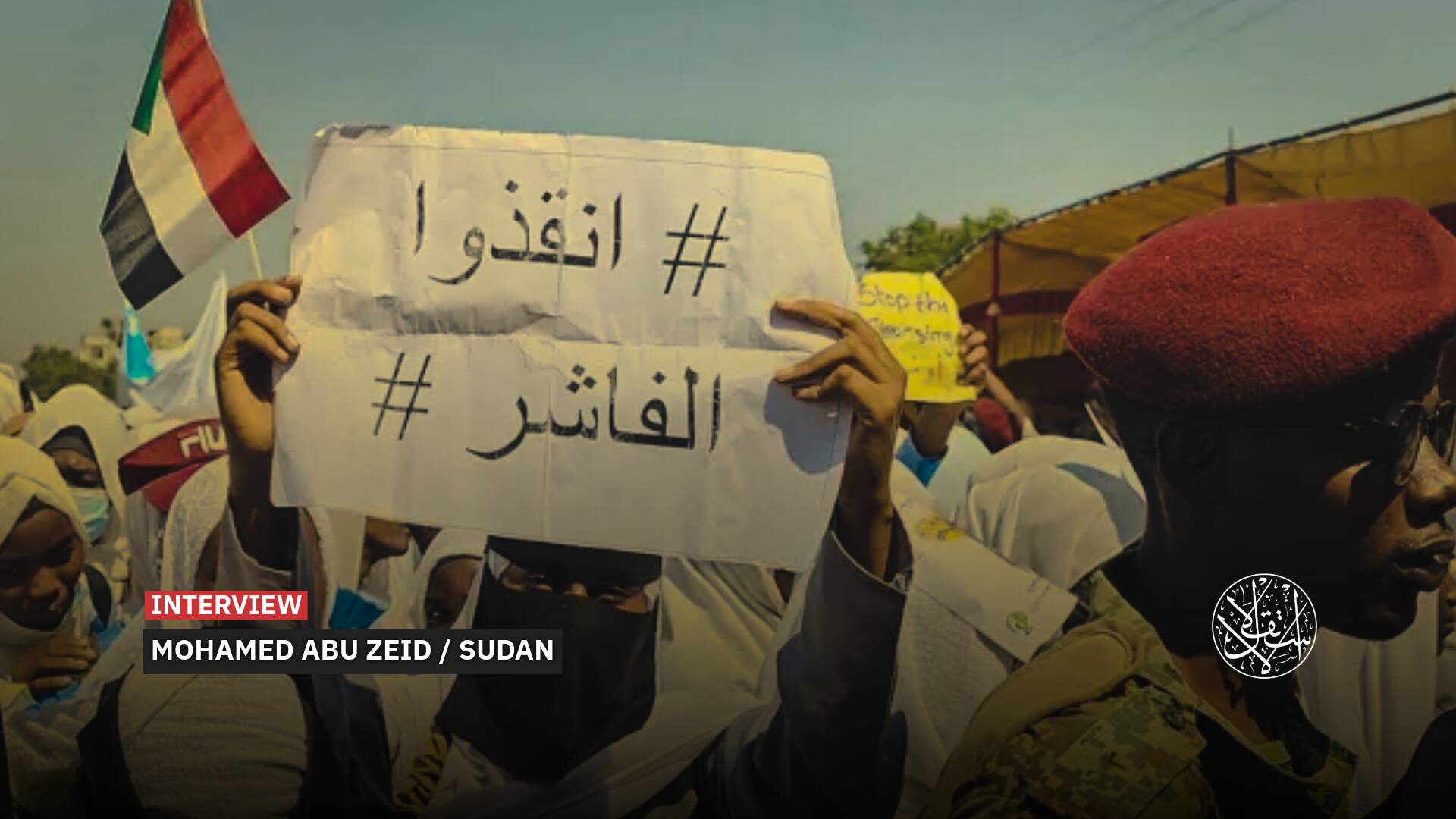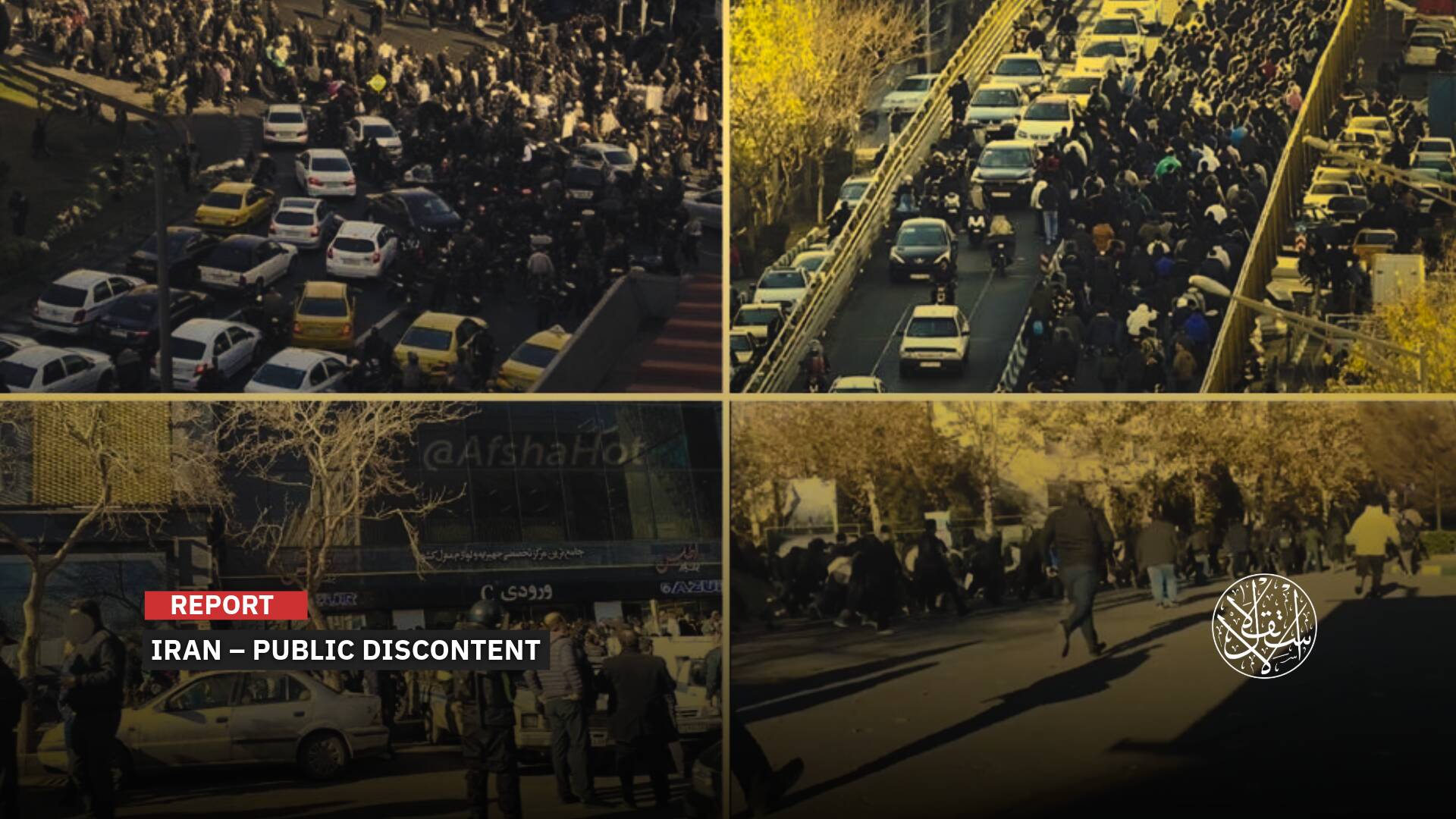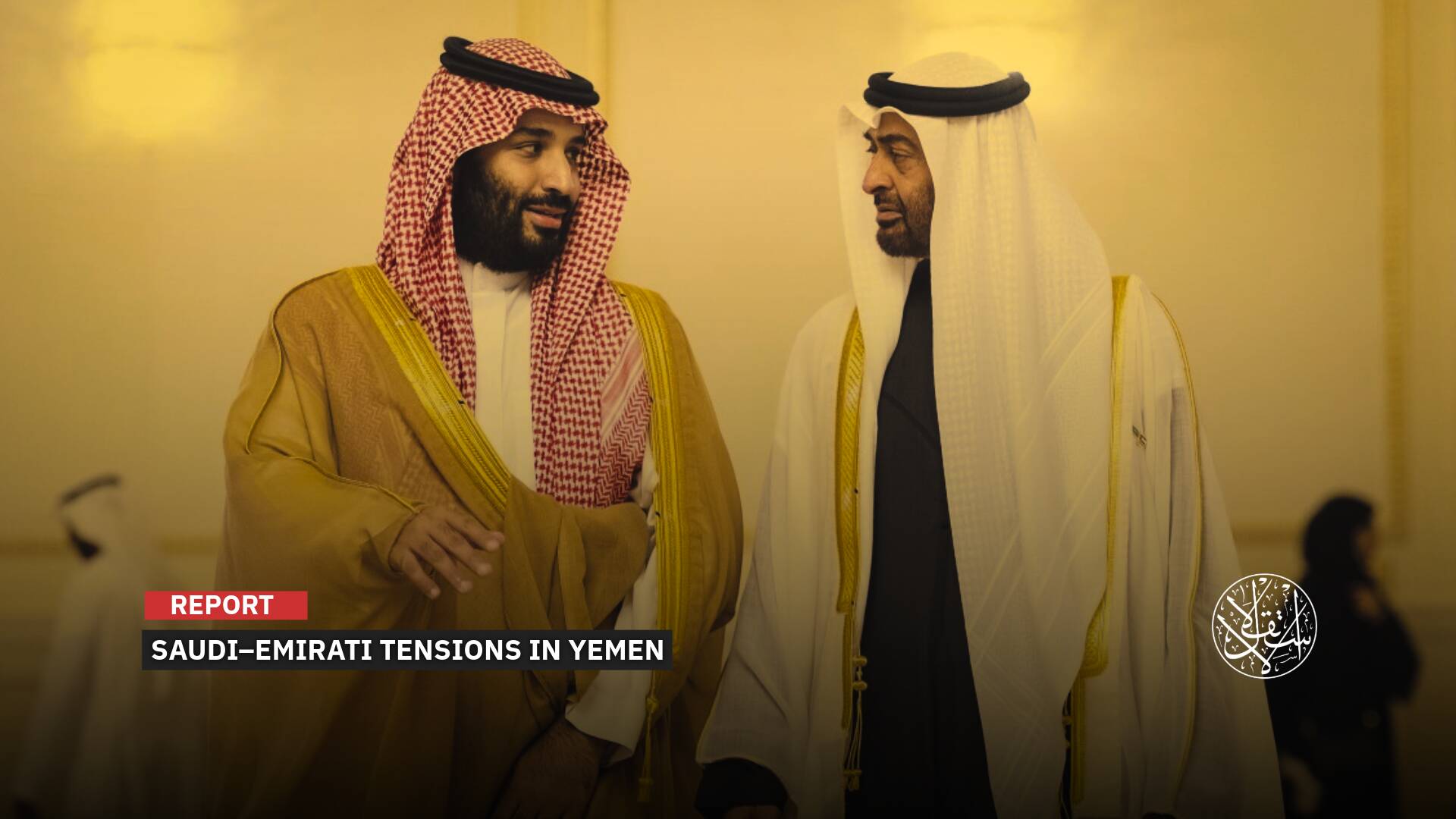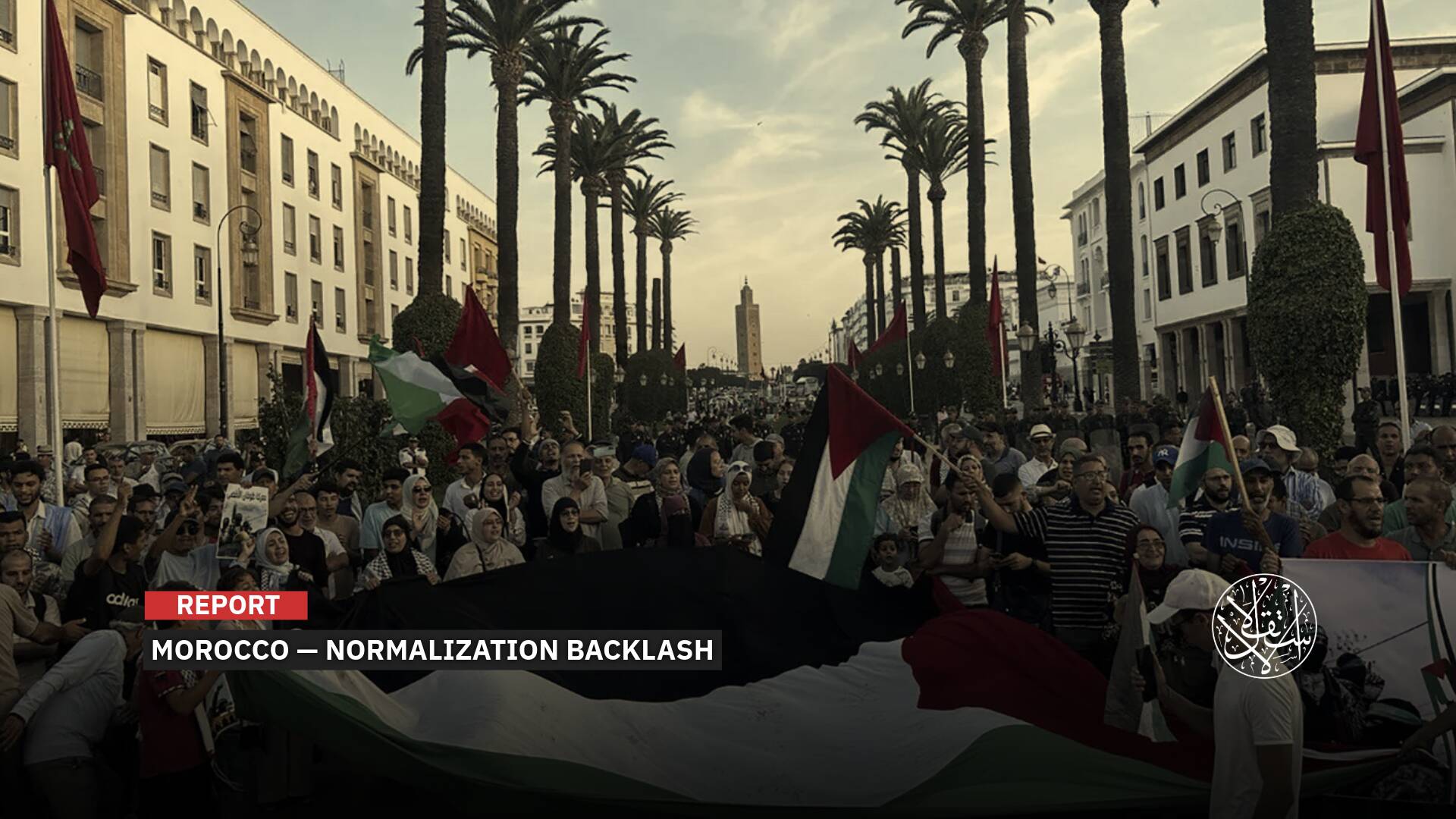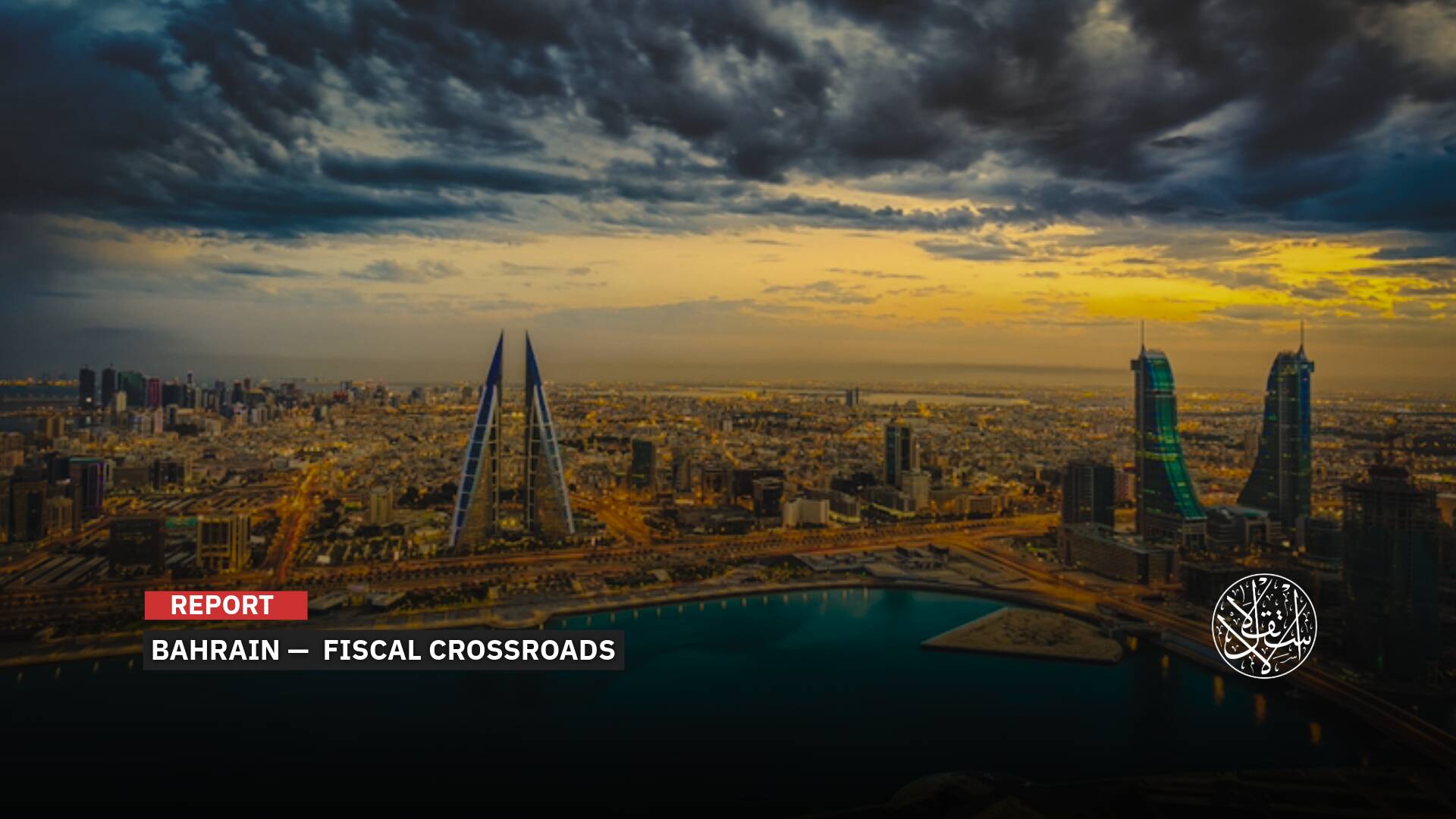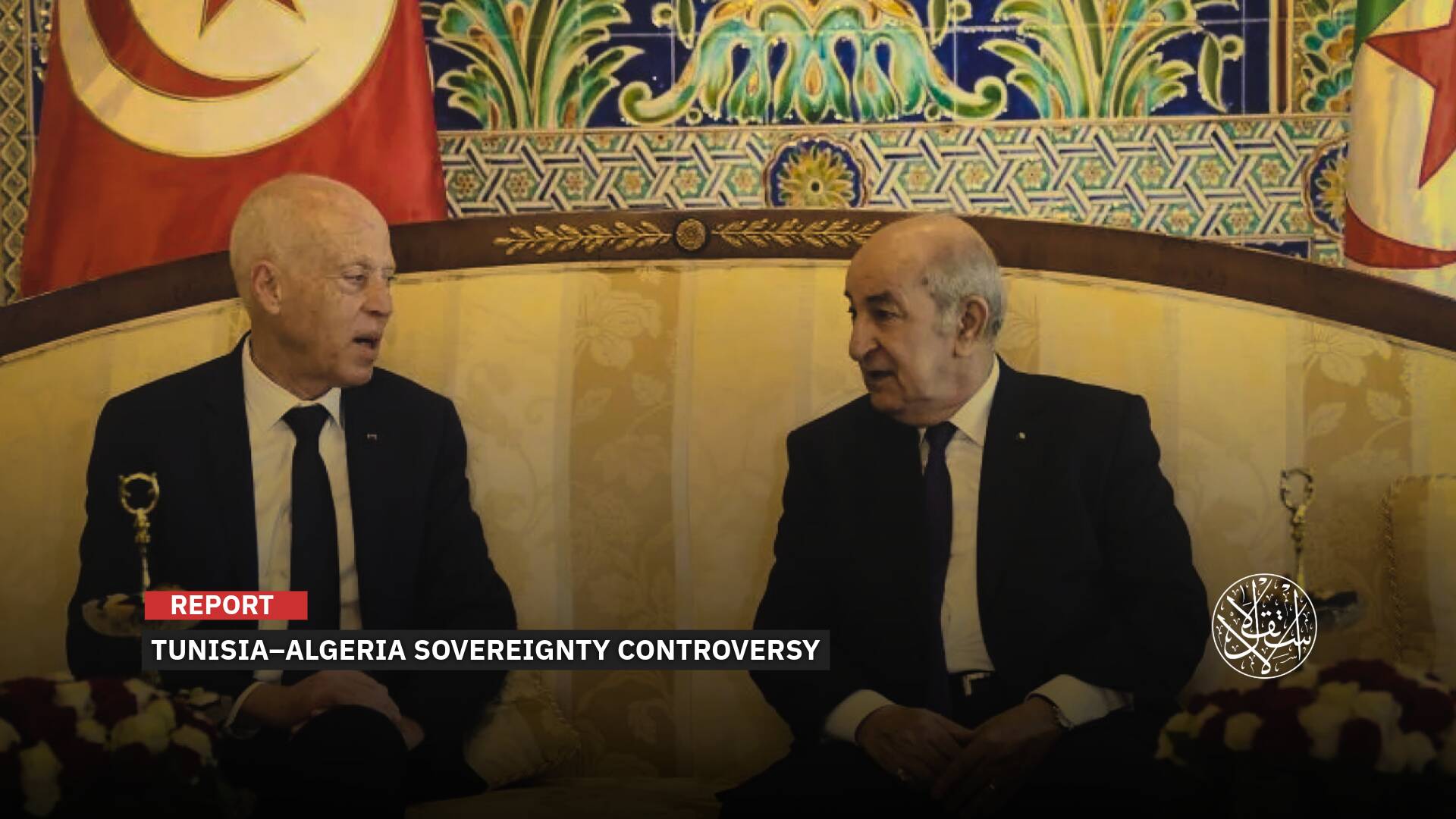To Protect the Army Business, This Is How Sisi Defrauds International Financiers

Since the sudden release of the founder of Juhayna company, businessman Safwan Thabet, and his son Saif on January 22, 2023, and then the warm reception of the prominent dissident Mamdouh Hamza after his exile, several questions have been raised in Egypt about the goals of these releases/breakthroughs.
On February 13, 2023, the prominent Egyptian dissident, Mamdouh Hamza, announced his return to his country’s capital, Cairo, after an absence of nearly 3 years.
Hamza said, in a live broadcast on his Facebook page, that he had arrived at Cairo airport, expressing his optimism about a “breakthrough” in Egypt.
He pointed out that “a security official met him at the airport and informed him that Egypt welcomes its citizens and opens its arms for them to return to their country.”
The questions that need answers are: Did the authority decide to open a new page with its opponents? Why was this “breakthrough” with businessmen only? Will it follow other steps with businessmen such as Khairat al-Shater, Hassan Malik, and 100 leaders of the Muslim Brotherhood? Or is this a “temporary deceptive calm” to pass the storm of the economic crisis by “beautifying” the implementation of the instructions of the Monetary Fund? or is it a trap for the “enemies of the homeland” to return?
Economic Opponents
On February 15, the former head of the Audit Authority, Counselor Hisham Genena, who was imprisoned, was also released because he exposed corruption worth 600 billion pounds.
Genena allied with former Chief of Staff Sami Hafez Anan, the opponent of Egyptian President Abdel Fattah el-Sisi, to remove the latter in the 2028 elections, prompting optimists to talk about it as a political breakthrough as well.
However, the optimists discovered that Genena was released only because he had finished his sentence, and before his release, the authorities charged him with a new case in 2018 in order to keep silent.
The first note is that the releases included only major “economic opponents,” such as the head of the Juhayna company and his son, and the global consultant Mamdouh Hamza, and did not include politicians.
The military court had convicted Genena in 2018 of “publishing false and offensive news about the armed forces” after he made press statements, according to what was published by BBC on February 13 of the same year.

Genena said at the time that the former Chief of Staff of the Armed Forces, Sami Anan, possesses documents related to the period of the Military Council’s rule after the revolution of January 25, 2011, “condemning the current regime and the army,” which was denied by the latter’s family and lawyer at the time.
Youm7 newspaper claimed that the new case that Genena was charged with is “the largest case filed by the security services regarding the media and electronic committees affiliated with the Brotherhood, although it includes journalists from different leftist and independent currents.”
The newspaper admitted that the case includes a large number of different defendants in ideas and ideology, but their hatred for the stability of the country united them to carry out the plot.”
The second observation is that these releases are purely “economic,” appearing as a response to a direct condition and orders from the International Monetary Fund as part of the plan to activate the role of the private sector and provide reassurance to save the economy.
The third observation is that these economic releases appear to be a kind of “circumvention” of the army’s abandonment of the business of its companies and the reduction of its activities so that the regime seems to have responded to the Fund by facilitating the work of the private sector, without prejudice to the military’s economy.
Sisi violated his pledges to the IMF and expanded the “military business” to guarantee his protection.
Therefore, it is believed that he is seeking, through measures not to pursue businessmen and release some, to achieve some of the IMF’s demands.
The fourth note is what Mamdouh Hamza said after his arrival in Egypt that he considers this an optimistic step for political detente. When he quoted the general who met him at the airport, he implicitly denied that the goal of welcoming his return was that “Egypt benefits from its loyal sons.”
The authorities had suddenly decided to remove Hamza’s name from the waiting lists as part of what it called a breakthrough and the opening of a new page with “the loyal sons of Egypt,” as the regime called them.
Not a Breakthrough
Human rights lawyer Gamal Eid denied Mamdouh Hamza’s words and said, “I do not see a breakthrough nor any political will for reform and respect for the law.”
He stressed that a breakthrough occurs when the term “prisoner of conscience” disappears, when the expatriates return, when the banned travel, and when journalists besieged by hunger and unemployment find jobs and work.
Gamal Eid said, on February 16, 2023, that “until now, there are no indications of a political breakthrough as they claim,” according to the New Arab website.
He indicated that “Counselor Genena’s exit was after serving his full sentence, and the return of Engineer Mamdouh Hamza after 3 years of absence from his country is like reforming a wrong decision from the beginning. What happened is two people regained their freedom, no more, no less.”
To prove that there is no “breakthrough,” Eid asked after the delay of Genena release: “O’ people saying it is the breakthrough and Egypt is changing, o’ Diaa Rashwan, o’ Amr Hamzawy, o’ Najad al-Burai, o’ Anwar Sadat, where is the Hisham?” Indicating that he might have been accused of a new charge.
Eid described the prosecution’s investigation with Counselor Hisham Genena in a new case as “a message of intimidation to remain silent, and a clear communication from the security apparatus informing him that he is still under consideration.”
Also, he quoted a senior professor and veteran journalist as saying, commenting on the return of Engineer Mamdouh Hamza: “What happened is a release and not a breakthrough. The release is for the person, but the breakthrough is for society, which has not happened yet.”
The opposition journalist residing abroad, Wael Kandil, said on Twitter: “Any talk of a breakthrough is empty talk.”
He refused to link the case of Counselor Genena with the case of Mamdouh Hamza, “the first was released from prison after serving the full term of his sentence and was charged with a new case, and the second reconciled with the regime that he supported for a long time and opposed for a short period of time.”
Activists stated that allowing Mamdouh Hamza to return was nothing but a plan to stop the remarkable rapprochement between the opposition factions abroad, expecting him to remain silent forever after his return.
Blessings of the IMF
By targeting businessmen with successful food and commercial projects, arresting them, and looting their companies under various pretexts, including “terrorism” or tax evasion and others, Sisi is sending a message to investors at home and abroad to flee with their money.
Yasmine and Farida Mohamed Khamis announced, on December 25, 2022, that they sold their shares of the famous Oriental Weavers Company for the carpet industry at a value of 1.7 billion pounds to a company in Britain owned by them.
Journalist and publisher Hisham Kassem revealed that this “trend has become frequent after the harassment that Egyptian investment owners have become exposed to, such as the arrest of Safwan Thabet and his son Saif,” to increase the economic crisis.
These dangerous indications, which do not encourage foreign investments, bothered the IMF more than the Sisi regime.
Therefore, with the worsening of the economic collapse, the agreement with the IMF was linked to clear conditions, the most prominent of which is lifting power from businessmen, stopping blackmailing them, and releasing detainees to create an atmosphere encouraging the return of investments to Egypt.
The Egyptian regime is committed to removing the state from some strategic sectors in favor of the private sector after the government’s agreement with the International Monetary Fund on a program to restructure the Egyptian economy, supported by the Fund with a loan of about three billion dollars.
Remarkably, during Abdel-Fattah el-Sisi’s meeting with the Director of the International Monetary Fund, Kristalina Georgieva, in Dubai in February 2023, they again “discussed Egypt’s commitment to moving forward in implementing the economic reform program.”
According to the Egyptian presidency’s statement, Sisi affirmed Egypt’s keenness to “increase the role of the private sector in the economy.”
However, Georgieva stressed in an interview with the al-Sharq Economy website on February 13, 2023, that if Egypt wants to move on a path that leads it toward a better situation, it must continue to allow the private sector to create one million new jobs that the country needs every year.
The initial signs of implementing the Fund’s orders to attract businessmen, whether Egyptian or foreign, and not to attack them was the release of businessman Safwan Thabet, owner of the most famous company Juhayna, which sparked international controversy.
The announcement of the Board of Directors of Juhayna Food Industries, the appointment of Saif Safwan Thabet as Vice-Chairman of the Board of Directors of the company and Managing Director, less than a month after his release, is an indication that things will return to normal according to the instructions of the IMF.
Many activists confirmed the important role of the International Monetary Fund in releasing detained businessmen or lifting restrictions on them.
Economic journalist Mustafa Abdel Salam confirmed that the release of engineer Safwan Thabet and his son “comes in the context of the IMF’s requirements for the government to improve the investment sector.”

He explained that the Fund is accused of having “clearly helped the regime enrich itself and destroyed the financial health of the Egyptian state.”
He indicated that the Fund finally discovered that the central problems that undermine the Egyptian economy were from within the regime and were not due to external shocks like the Ukraine war, as is rumored. For this reason, it began to demand that Egypt resolve internal problems with businessmen.
The Fund’s third program had the audacity to try to rein in regime graft, realizing that it was necessary to do so.
On February 7, 2023, writer and human rights activist Abdel Rahman Mansour confirmed in an article published by Foreign Policy magazine that the business community has suffered from Sisi’s wrath.
He explained that businessmen were pressured to donate to the Long Live Egypt Fund, which is widely seen as a tool used by the regime to extort commercial interests to fund Sisi’s political projects.
He said that Sisi’s military rule has become the most dangerous threat since the beginning of the 70-year rule of the officers, as it undermines the social contract formulated by the officers in 1952 and which was the cornerstone of political stability in the country.
He indicated that this social contract was based on an unwritten understanding, according to which large segments of society tolerated the authority’s abuses of political rights in exchange for economic and social benefits sponsored by the state, but Sisi undermined this.


